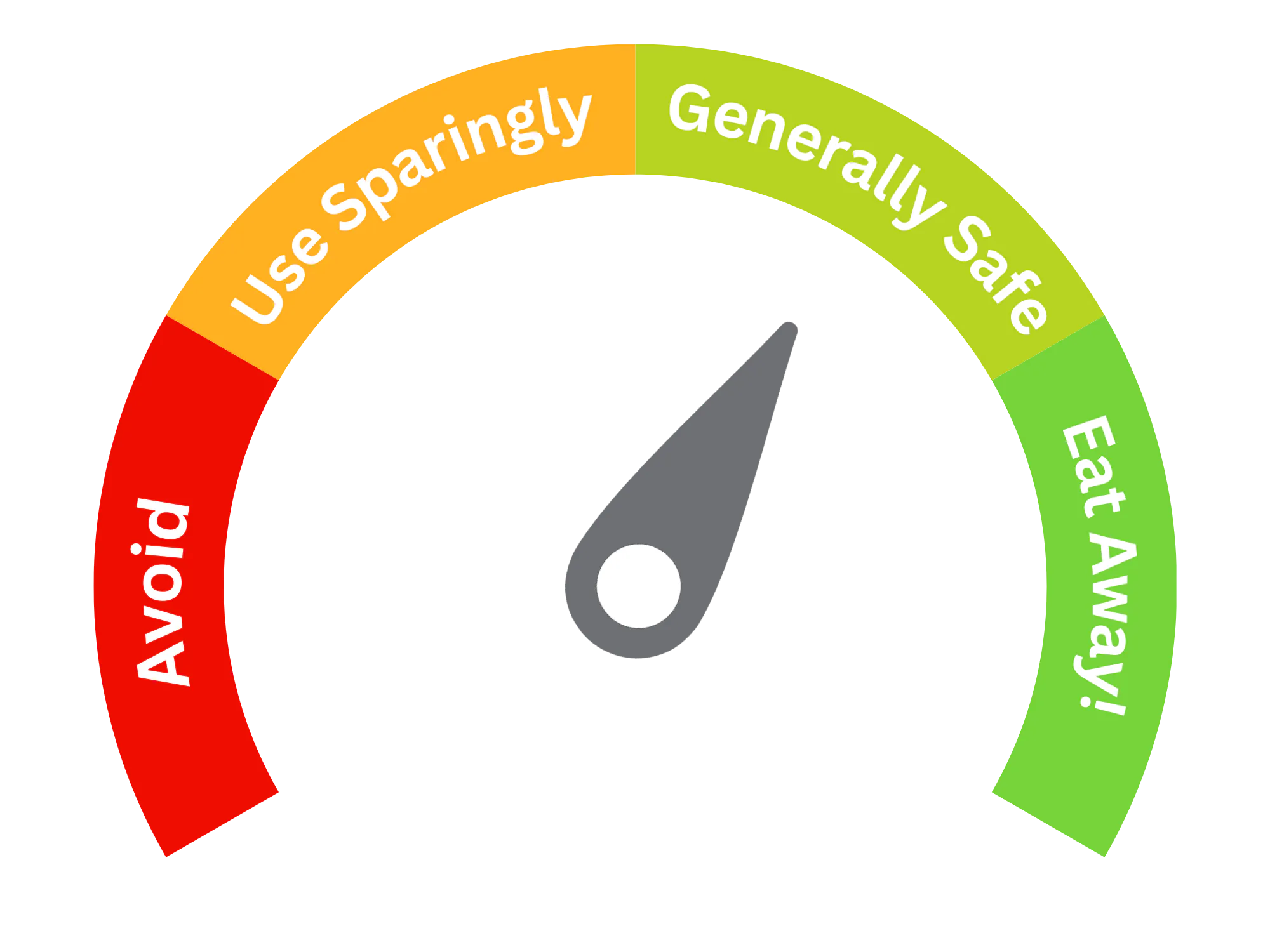Propionic Acid (E280)
| Type of additive (Glossary) | Preservatives |
| E Number | E280 |
| Chemical Formula | C3H6O2 |
| Also Known As | Carboxyethane Ethanecarboxylic acid Ethylformic acid Metacetonic acid Methylacetic acid |

Purpose and Function
Propionic Acid (E280) is used in the food industry primarily as a preservative and acidity regulator. It helps inhibit the growth of mold and some bacteria, extending the shelf life of various products. Common applications include:
- Baked goods: Widely used in bread and other baked products to prevent mold growth.
- Cheese: Added to some cheeses to inhibit mold development during storage.
- Animal feed: Used to preserve feed and prevent spoilage.
- Processed foods: Can be found in certain processed products where extended shelf life is desired.
Propionic Acid (E280) is particularly effective at preventing mold in bread and baked goods, making it a popular choice in the food industry.
Potential Risks and Side Effects
Propionic Acid (E280) is generally considered safe when used within regulatory limits, but there are some considerations:
- Digestive discomfort: In excessive amounts, it may cause mild digestive issues, such as stomach upset or irritation in sensitive individuals.
- Regulatory approval: Propionic Acid (E280) is approved for use in many countries, including the European Union and the United States, where it is considered safe within specified limits. Its use in food is carefully regulated to ensure consumer safety.
Overall, Propionic Acid (E280) is regarded as a safe and effective preservative when used appropriately.
